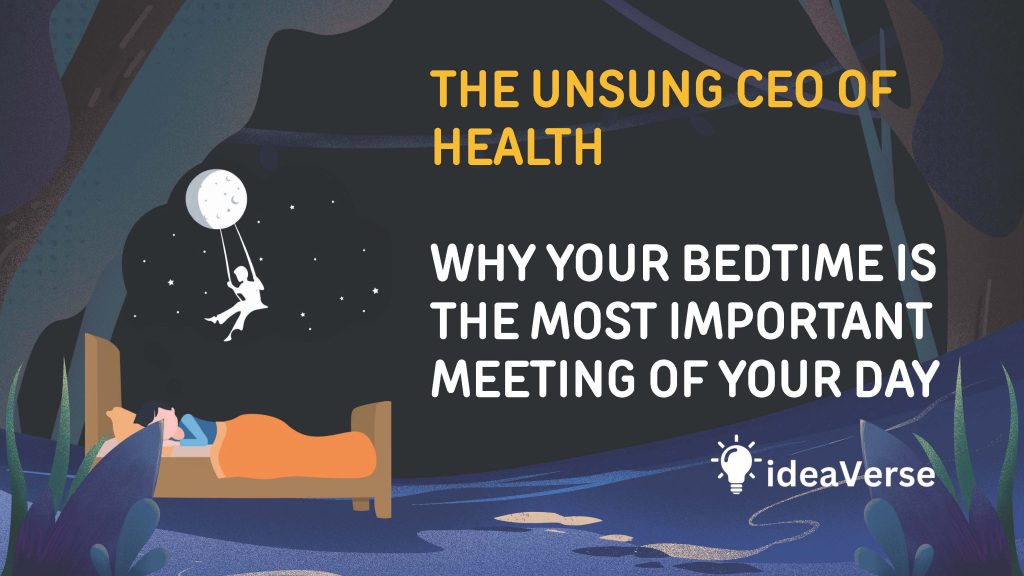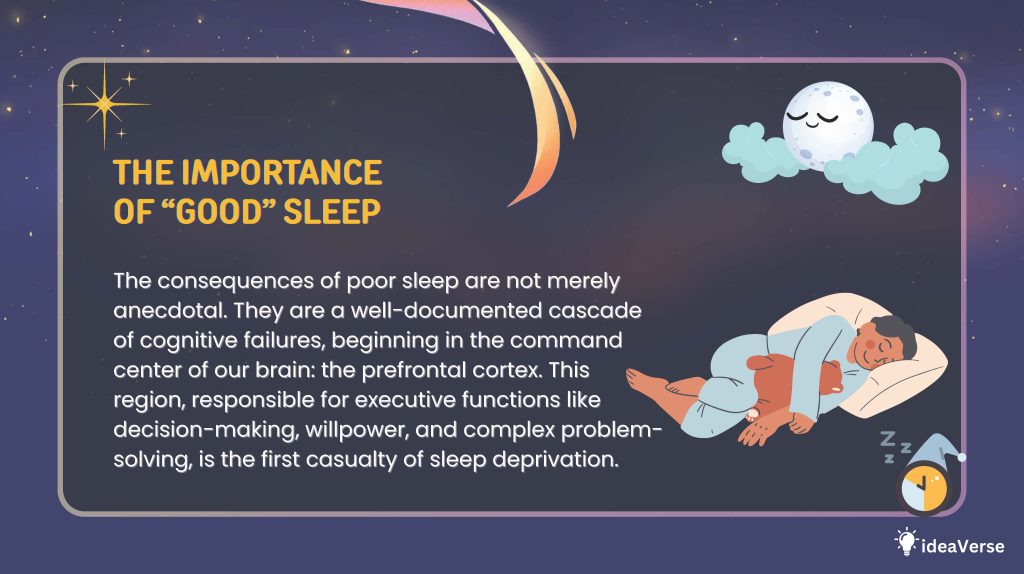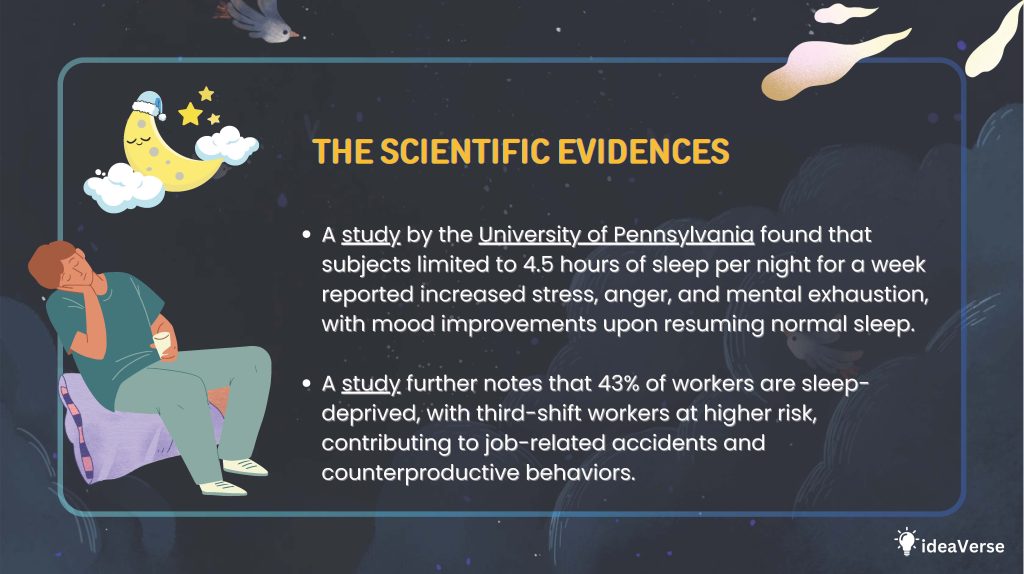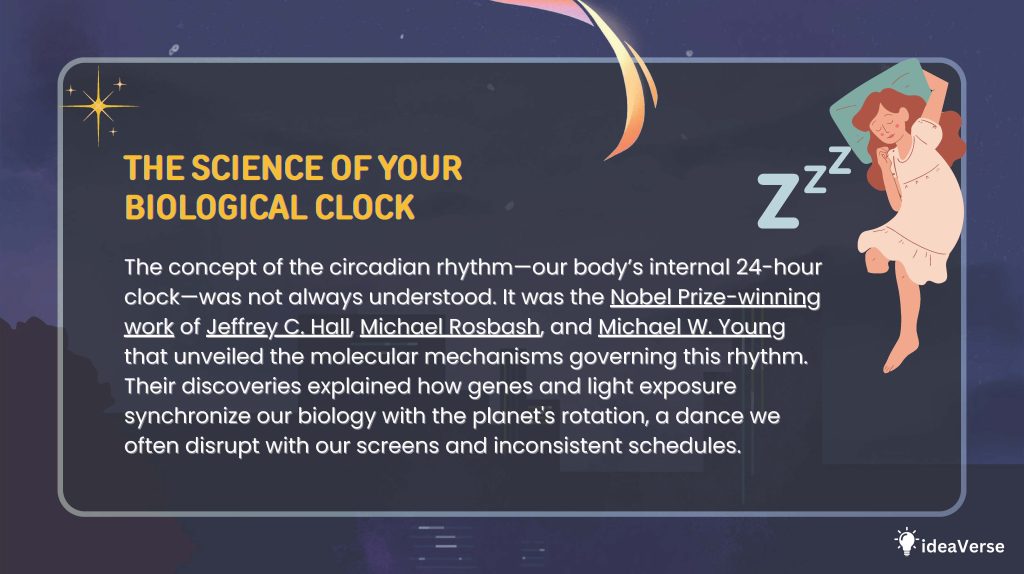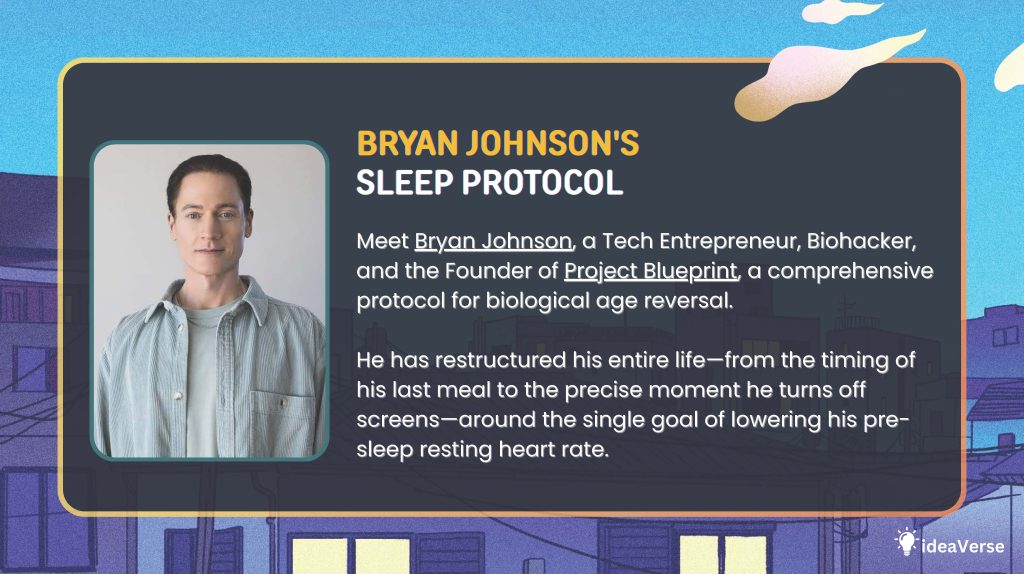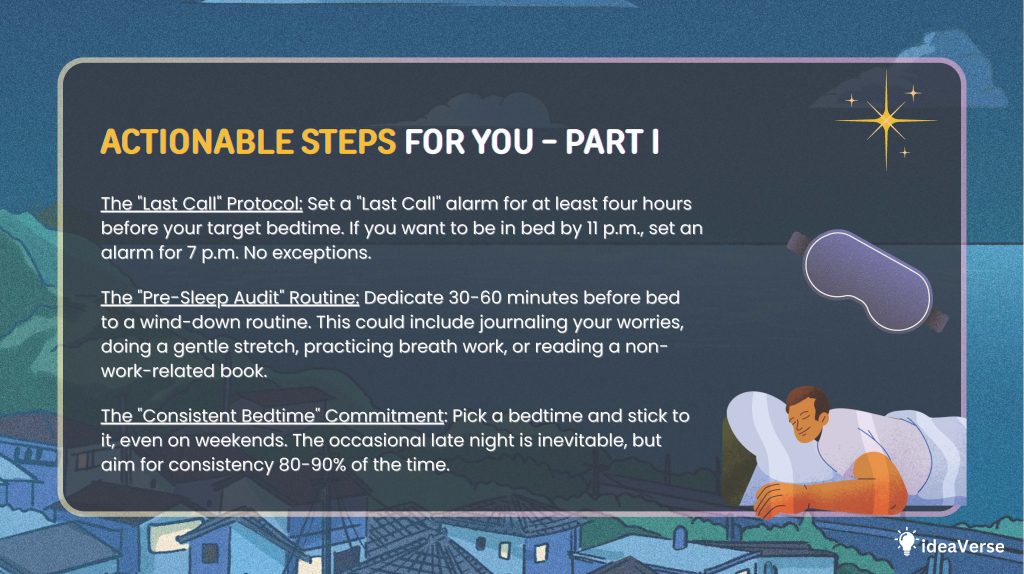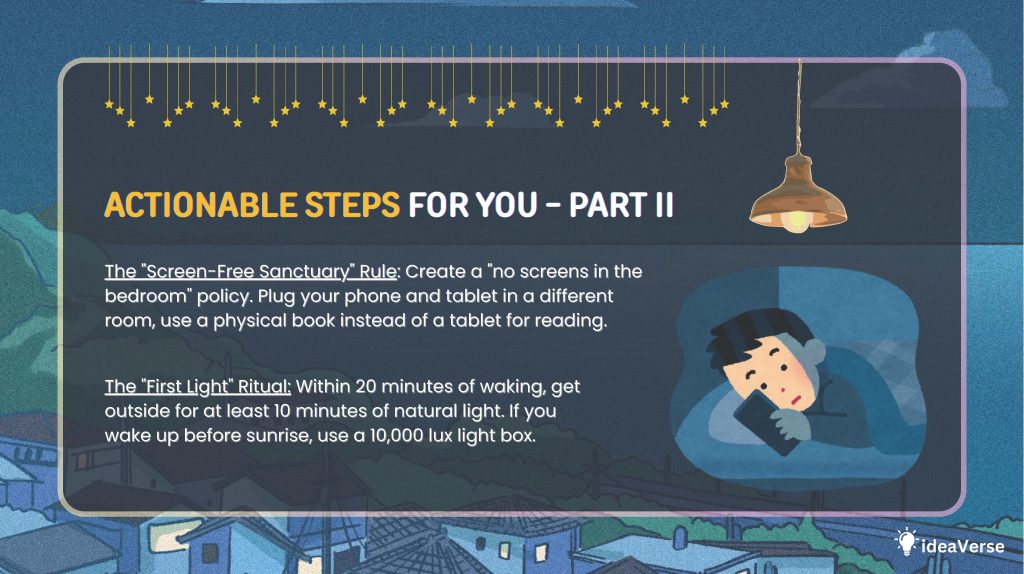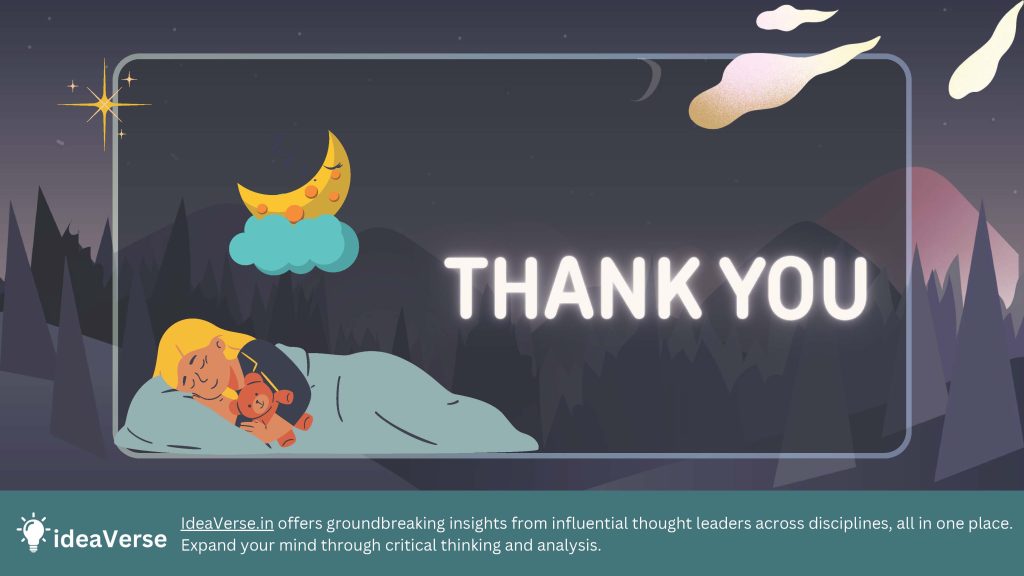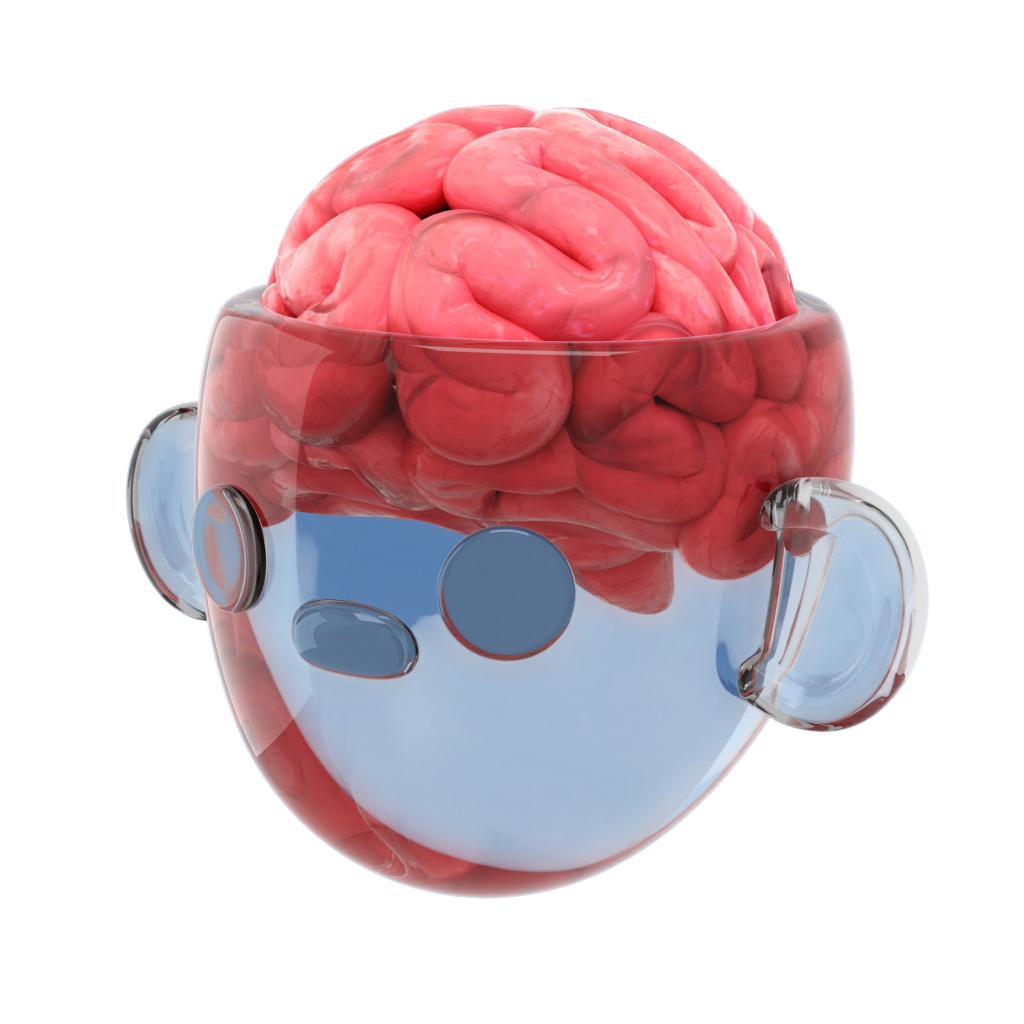- Research suggests sleep is crucial for performance, mental health, and physical well-being, with evidence leaning toward it being a key factor in productivity and decision-making.
- Prioritizing sleep, like treating it with the same importance as a business meeting, can enhance career success.
- The evidence leans toward sleep deprivation having significant economic impacts on businesses, costing billions annually due to reduced productivity and increased absenteeism.
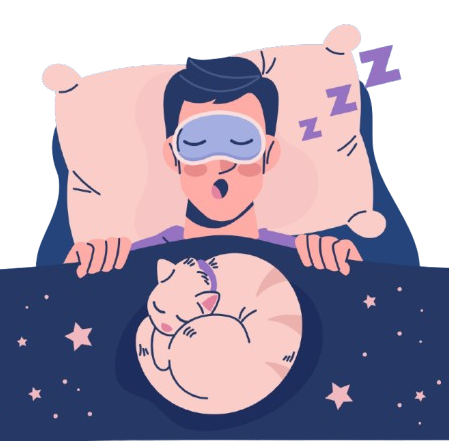
Table of Contents
The Outdated Hype of Hustle Culture
The idea that “hustle culture” thrives on “4-hours sleep” is a modern-day fable, a self-congratulatory myth perpetuated by those who mistake exhaustion for commitment. For decades, the mantra of “I’ll sleep when I’m dead” was a proud badge of honor in boardrooms and beyond. However, a new wave of data-driven insights and a biological reality check are forcing a reevaluation of this “sleep is for the weak” mindset. Far from a passive state of inaction, sleep is arguably the single most powerful performance-enhancing drug on the planet—and most of us are taking a debilitatingly small dose.
This isn’t just about feeling less tired; it’s about a fundamental re-engineering of your physical and mental operating system. The latest research, amplified by the data from the biohacking community, suggests that treating sleep with the same meticulous rigor as a critical business negotiation is no longer an eccentricity—it’s a strategic imperative.
The Importance of “Good” Sleep
The consequences of poor sleep are not merely anecdotal. They are a well-documented cascade of cognitive failures, beginning in the command center of our brain: the prefrontal cortex. This region, responsible for executive functions like decision-making, willpower, and complex problem-solving, is the first casualty of sleep deprivation. Studies have consistently shown that a lack of deep, restorative sleep can impair cognitive function to a degree comparable to a person under the influence of alcohol. The “tired-but-slogging-through” professional might feel productive, but their judgment is compromised, their willpower is diminished, and their creative capacity is stifled.
In essence, every time you burn the midnight oil for an extra hour, you’re not outmaneuvering your competitors; you’re outmaneuvering your own brain’s ability to make sound choices. Your body, in a desperate attempt to conserve energy, will steer you toward high-calorie, low-effort foods. Your emotional regulation will plummet, making you more reactive and less empathetic. The biological cost of that extra hour of work is a subtle but pervasive degradation of your most valuable professional tool: your mind.
The Scientific Evidences
Sleep is a fundamental physiological process, critical for cognitive function, emotional regulation, and physical health. A study by the University of Pennsylvania found that subjects limited to 4.5 hours of sleep per night for a week reported increased stress, anger, and mental exhaustion, with mood improvements upon resuming normal sleep. This aligns with findings that sleep deprivation can impair cognitive abilities similarly to alcohol intoxication, highlighting its importance for professional performance.
The bidirectional relationship between sleep and mental health is well-documented. Columbia University Department of Psychiatry notes that poor sleep can contribute to the onset and worsening of mental health issues like depression and anxiety, while the Mental Health Foundation emphasizes that improving sleep can prevent mental health relapses. This suggests sleep is a first line of defense for mental well-being, a concept supported by meta-analyses showing significant improvements in mental health following sleep interventions.
The Science of Your Biological Clock
The foundation of modern sleep hygiene is built upon the groundbreaking work of a handful of scientific pioneers. The concept of the circadian rhythm—our body’s internal 24-hour clock—was not always understood. It was the Nobel Prize-winning work of Jeffrey C. Hall, Michael Rosbash, and Michael W. Young that unveiled the molecular mechanisms governing this rhythm. Their discoveries explained how genes and light exposure synchronize our biology with the planet’s rotation, a dance we often disrupt with our screens and inconsistent schedules.
Similarly, the principles of Cognitive Behavioral Therapy for Insomnia (CBT-I), a scientifically validated approach to sleep, originated from the work of researchers like Jack D. Edinger. Edinger and his colleagues established that our relationship with sleep is trainable. The seemingly simple advice to reserve your bed exclusively for sleep and sex is a core tenet of CBT-I, a method that retrains the brain to associate the bed with rest, thereby breaking the cycle of anxiety that many insomniacs endure.
Bryan Johnson’s Sleep Protocol: A Case Study in Extremes
For many, the idea of “perfecting” sleep sounds like a ludicrously unattainable goal. But what happens when you treat it with the seriousness of a full-time job? Meet Bryan Johnson, a tech entrepreneur, biohacker, and the founder of Project Blueprint, a comprehensive protocol for biological age reversal. Johnson’s approach is a fascinating, if extreme, case study in the power of objective measurement. He has restructured his entire life—from the timing of his last meal to the precise moment he turns off screens—around the single goal of lowering his pre-sleep resting heart rate.
While most wearables focus on the lowest heart rate achieved during sleep, Johnson’s metric is about preparation. He aims to activate his parasympathetic nervous system (the “rest and digest” mode) before his head hits the pillow. He has meticulously documented how factors like late-night eating, intense conversations, or even a stressful television show can elevate his heart rate and, by extension, disrupt his sleep architecture. By treating his body as a finely tuned instrument and tracking a metric as simple as his pre-sleep heart rate, he has built an intuition around which behaviors serve his sleep and which sabotage it. His data shows that a consistent, disciplined routine has dramatically reduced the number of “wake events” per night, a key indicator of sleep quality. While his regimen is an exemplar of peak performance optimization, it proves a critical point: what gets measured gets managed.
Economic Implications for Businesses
The economic impact of poor sleep on businesses is staggering. A RAND Corporation report from 2016 estimated that sleep deprivation costs the U.S. economy up to $411 billion annually, representing 2.28% of GDP, due to reduced productivity, increased absenteeism, and higher healthcare costs. This is supported by a study, which found insufficient sleep leads to significant morbidity among working-age adults, increasing economic burdens for employers. A study further notes that 43% of workers are sleep-deprived, with third-shift workers at higher risk, contributing to job-related accidents and counterproductive behaviors.
Gallup’s research indicates poor sleep quality is linked to $44 billion in lost productivity annually due to unplanned absenteeism, with turnover costs adding another $32.4 billion. These figures underscore the need for businesses to prioritize sleep health, potentially saving millions by improving employee rest and reducing economic losses.
Cultural and Societal Considerations
The cultural attitudes toward sleep vary globally. In some cultures, napping is a norm (e.g., siestas in Spain), while in others, long work hours and minimal sleep are seen as badges of honor, potentially exacerbating economic impacts. This variability suggests businesses must tailor sleep interventions to cultural contexts, ensuring they align with employee needs and workplace norms.
References
- Sleep Foundation: Sleep Hygiene
- Harvard Health Publishing: Sleep Hygiene
- National Sleep Foundation: Healthy Sleep Tips
- RAND Corporation: Why Sleep Matters
- Harvard Business Review: How Sleep Deprivation Affects Work
- Sleep and Mood
- How Sleep Deprivation affects Mental Health
- Sleep Matters: The Impact Of Sleep On Health And Wellbeing
- Bryan Johnson [Wikipedia]
- Lack of Sleep Costing U.S. Economy Up to $411 Billion a Year
- Economic Impact of Insufficient and Disturbed Sleep in the Workplace
- Work-related fatigue: A hazard for workers experiencing disproportionate occupational risks
- Poor Sleep Linked to $44 Billion in Lost Productivity
- The Economic Consequences of Increasing Sleep Deprivation Among the Urban Poor
- Study of the Incidence and Impact of Chronic Sleep Deprivation in Indian Population with Special Emphasis on Neuropsychology Testing
- Poor Sleep: Sunset Time and Human Capital Production
Action Items
The “Last Call” Protocol
Your body needs time to digest food and settle its systems before sleep. Just as you have a final deadline for a project, you need a final deadline for your meal.
- Actionable Step: Set a “Last Call” alarm for at least four hours before your target bedtime. If you want to be in bed by 11 p.m., set an alarm for 7 p.m. No exceptions.
- Example: Maria, a brand manager, used to have dinner with her family at 8:30 p.m. By shifting this meal to 7 p.m., she gave her body a full four hours to digest, which she tracked using her wearable device. Within two weeks, her average resting heart rate before bed dropped by 5 bpm.
The “Screen-Free Sanctuary” Rule
Blue light from our screens is a powerful signal to our brains that it’s daytime, actively suppressing melatonin production. Your bedroom should be a sanctuary of rest, not an extension of your office or entertainment center.
- Actionable Step: Create a “no screens in the bedroom” policy. Plug your phone and tablet in a different room, use a physical book instead of a tablet for reading, and install f.lux or “red mode” on your laptop if you must work late.
- Example: David, an engineer, used to scroll through social media on his phone in bed. By moving his charger to the kitchen, he created a physical barrier. His anxiety about checking emails before bed subsided, and he found himself naturally getting sleepy as he read a physical book.
The “First Light” Ritual
The fastest way to set your circadian rhythm for the day is by getting morning light exposure. It tells your brain, “Okay, the day has begun. Start the timer for tonight’s sleep.”
- Actionable Step: Within 20 minutes of waking, get outside for at least 10 minutes of natural light. If you wake up before sunrise, use a 10,000 lux light box.
- Example: Emily, a content strategist, found it hard to get up and go for a walk. Instead, she now drinks her morning coffee on her balcony for 15 minutes, which provides the necessary light exposure to signal her body clock and makes her feel more alert during the day.
The “Pre-Sleep Audit” Routine
Instead of trying to “turn off” your brain right before bed, create a buffer period to process the day’s stress and anxieties. This is your mental cooldown.
- Actionable Step: Dedicate 30-60 minutes before bed to a wind-down routine. This could include journaling your worries, doing a gentle stretch, practicing breath work, or reading a non-work-related book.
- Example: Alex, a finance manager, used to ruminate on his work day as he lay in bed. He started a 15-minute journaling session to “offload” his thoughts before his wind-down routine. This simple act helped him separate his work mind from his rest mind.
The “Consistent Bedtime” Commitment
You wouldn’t arbitrarily show up late to a client meeting. Your bedtime is the most important meeting you have with your health every single day.
- Actionable Step: Pick a bedtime and stick to it, even on weekends. The occasional late night is inevitable, but aim for consistency 80-90% of the time.
- Example: Tom, a freelance consultant, had a wildly inconsistent bedtime. He decided to commit to being in bed by 10:30 p.m. every night. While it was difficult at first, he found that his energy levels stabilized, and his productivity during the day increased so much that he no longer felt the need to work late.

